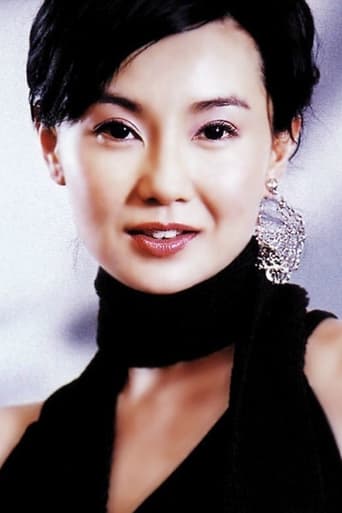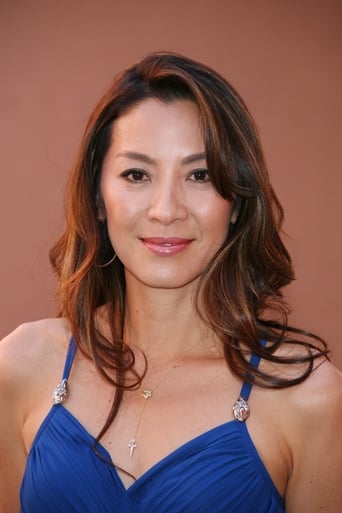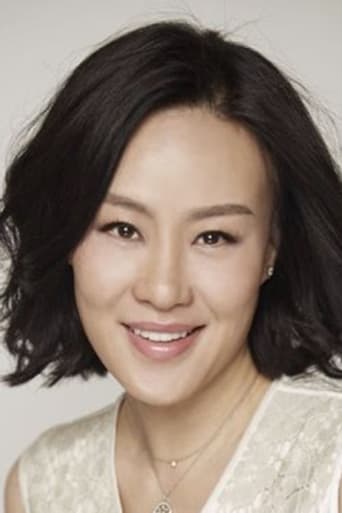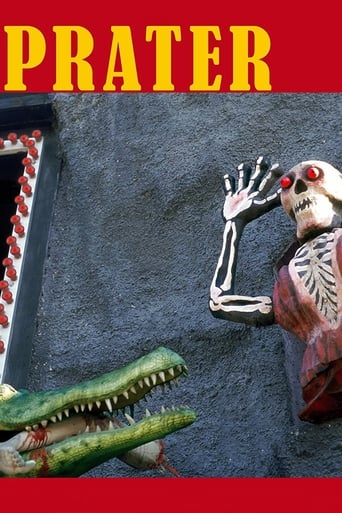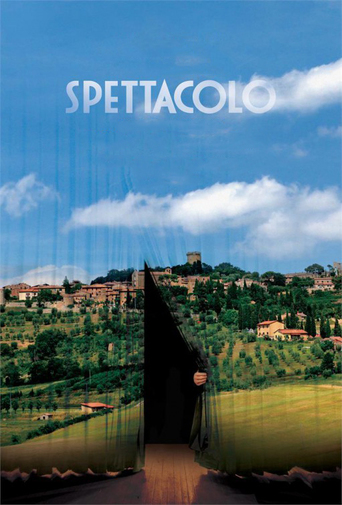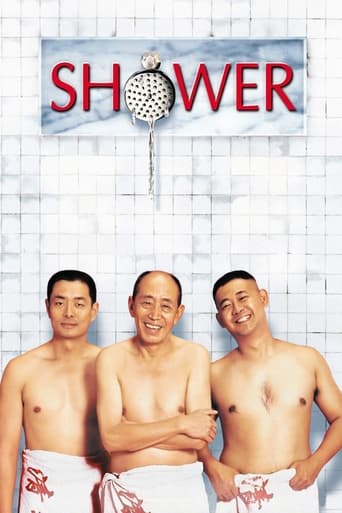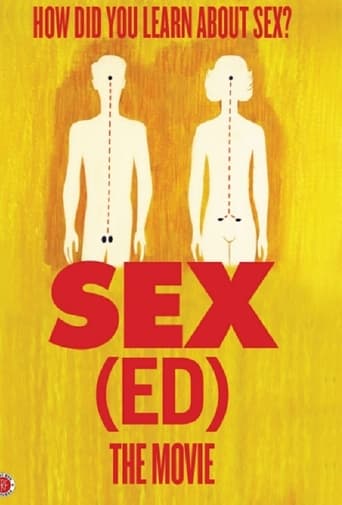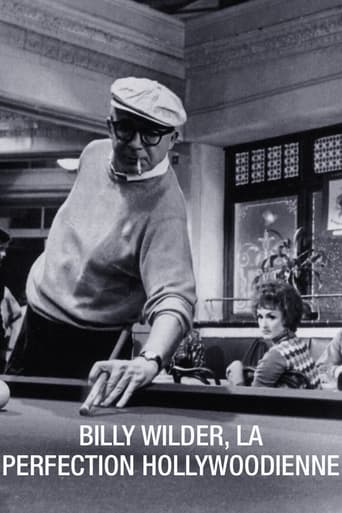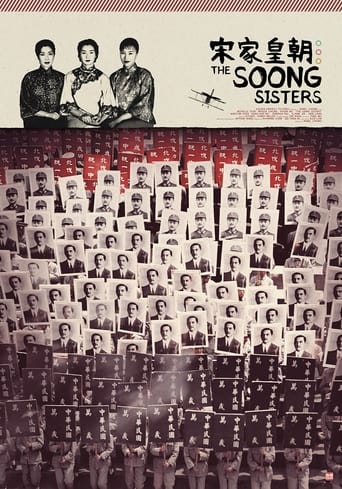
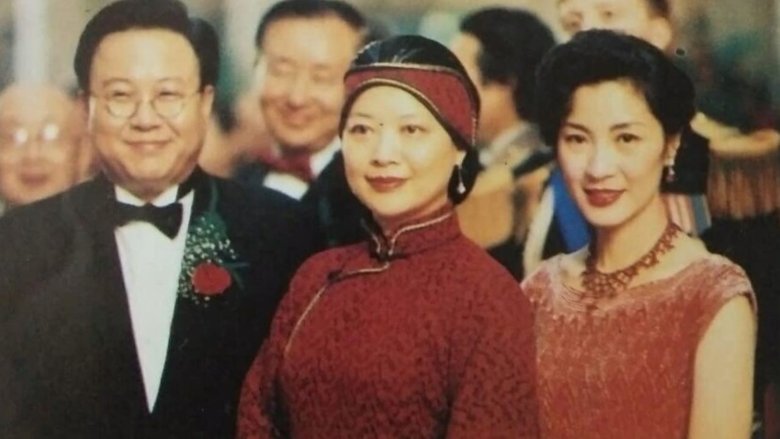
The Soong Sisters (1997)
The Soong family was a political dynasty in China that reached the highest levels of power. This film follows the lives of the three Soong daughters, who were educated in America and returned to China. Ai-ling married a wealthy and powerful businessman. Ching-ling married Sun Yat-sen, the revolutionary founder of modern China. Mei-ling married Chiang Kai-shek, China's leader during World War II. The sisters captured the world's fascination for their brilliant marriages and their strong influence on their nation.
Watch Trailer
Cast


Similar titles
Reviews
It is interesting, and logical of course, that the reaction to this Hong Kong flick ranges from anathema to anthem, but, for overseas Chinese who neither speak the lingo nor are too familiar with the facts, this "Soong Dynasty" cinematic fable is more than watchable. That it is more fable than fact is readily obvious, yet the fable is more than entertaining. It is doubtful in the extreme, that Ching-ling survived miscarriage and 42 days sloshing through the marshes as portrayed, but until a more sober and satisfactory account of Mme. Sun's life and accomplishments are on the film record, this portrait will have to do. The production is super, even if the glib pictorials may off-put in their slick projections. And, finally, from this perch, one of the most engaging sidelights here is the wondrous staging of the opera house, wherein Chiang Kai-shek ogles and woos May-ling. I found myself wishing the principals would get out of the way to let the opera speak for itself in toto. Reminded me of how Hollywood always cut away from more interesting spectacle to zoom in on the treacly romance of the overpaid and under-talented "stars." Oh, well, you can't have everything, and there was enough of the opera and its stellar performers, inter-cut nicely with war footage. Soneone should make a film about Chinese opera, and I don't mean that saga about the two star=crossed Peking Opera stars, and especially not that impossible restaging of that improbable romance between a French diplomat and a cross-dressing starlet.
Modern Chinese History forms the backdrop for this sweeping portrait of the Soong Sisters, three siblings who married powerful men and used their positions to influence the politics of early 20th Century China. The film spans the period from the formation of the Chinese Republic in 1911 to the take-over by the Communists in 1949. The details of history take a back seat to the real focus of this movie, however, which delves into the intricate and intimate relationships these women have with their husbands, their parents, and each other.Lushly photographed and superbly acted, the movie showcases the talents of three veteran actors of Asian Cinema. Michelle Yeoh, Maggie Cheung and Vivian Wu play sisters Ai-ling, Ching-ling, and May-ling Soong. All three seem well-cast and bring the full weight of their skill and experience to their roles. The move sizzles with electricity when these three beauties appear on screen together, as they do in several scenes. This is definitely a case where the whole is greater than the sum of the parts. Wen Jian gives an outstanding performance as father Charlie Soong, despite dying off half-way through the story. The death-bed scene, where he passes away in the presence of his wife and three daughters, is especially moving. Winston Chao and Hsing-Kuo Wu take sold turns as Sun Yat-Sen and Chiang Kai-Shek.The story explores a number of themes in both a personal and social/historical context. Conflicts between father/daughter, old values/new values, old China/new China, and East/West all figure prominently in the plot. A shoe metaphor runs through-out the film, depicting the step-by-step movement of Chinese history, bringing to mind the old Chinese proverb, "A journey of a thousand miles begins with one step." This motif also reflects the increased role of women in Chinese social and political life, as they are liberated from the foot-binding that hobbled previous generations.The movie is slow-moving at times, with some abrupt plot transitions. Director Mabel Cheung occasionally hits us over the head with that shoe to get her point across, and the script seems to contain some hints of political propaganda. Nevertheless, I found this to be a well-made and highly entertaining piece of Asian Cinema. Sadly, this movie is not likely to reach a wide North American audience because it's in Mandarin with English sub-titles. That's too bad, because it is just as accomplished as anything coming out of Hollywood these days, and well worth seeing.****/5 stars.
Yes. this film distorts history. And misrepresents one of the great leaders of WWII: the G'mo as the Americans called him. But, the imagery is extremely powerful. And so is all the acting. Especially the actor playing the father and all three of the daughters.Keep the truth in mind (for example, Chiang did not capitulate at Xian when he was kidnapped) and enjoy this wonderful film.
Mabel Cheung's abuse of her talents for a tribute(or bribery) to main China. Her femini-nationalism has shifted from warm and sympathetic episodes of Chinese emigrants to a bravado of Song sisters' historic activities during the political turmoil of modern China. Kitaro's music and all-star castings are just a whip of exceedingly sweet cream decorated on a clumsy cook's cake, in order to hide the black burnt sides. They did not want cream but cake for the celebration of Chinese retrieval of Hong Kong!


